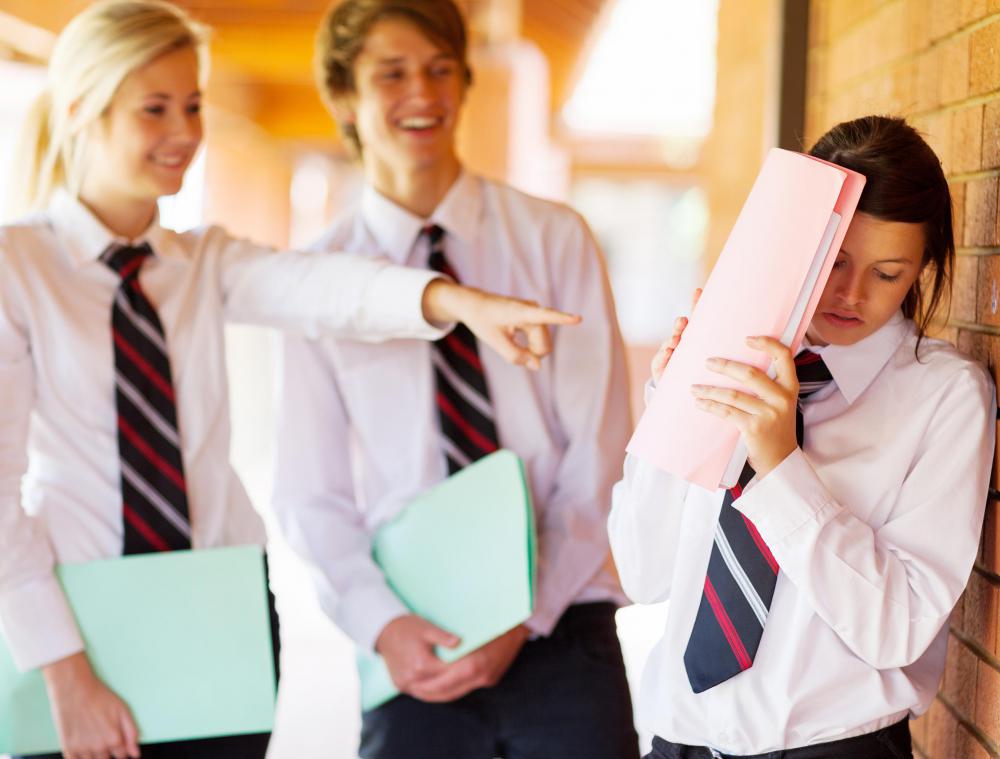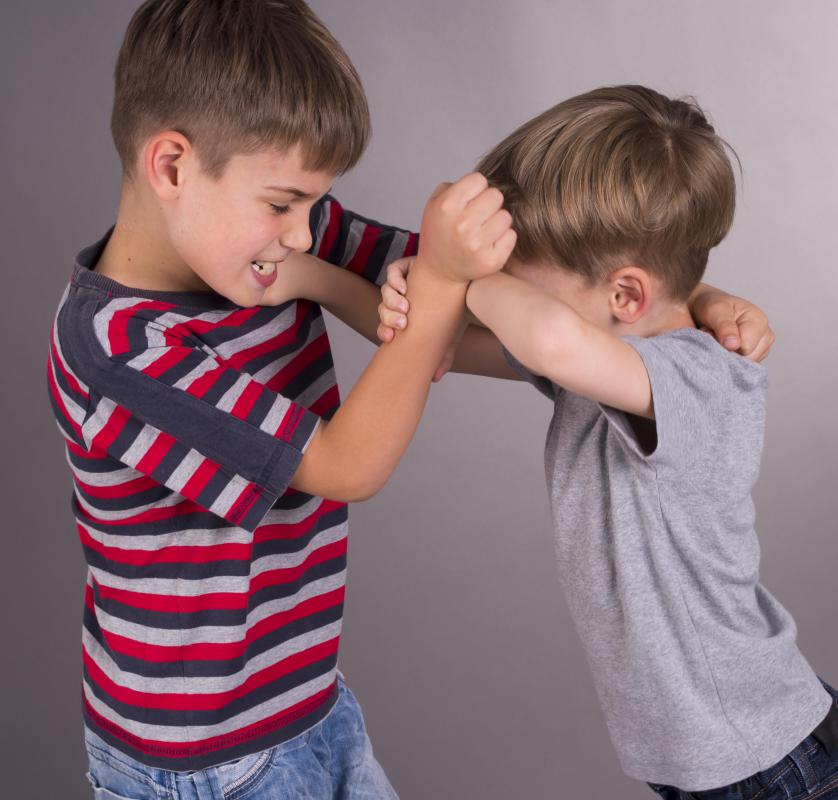At TheHealthBoard, we're committed to delivering accurate, trustworthy information. Our expert-authored content is rigorously fact-checked and sourced from credible authorities. Discover how we uphold the highest standards in providing you with reliable knowledge.
What does a School Psychologist do?
A school psychologist is a specialist who has an understanding of child psychology and its influence on learning and behavior of young children and teenagers. Schools may engage psychologists to appraise students' academic abilities, intelligence, and personal development. Sometimes they are consulted for diagnosing learning disabilities. Psychologists could be involved in behavioral mediation or counseling a child who may be going through emotionally difficult situation. When dealing with behavioral or academic issues, psychologists often counsel students, as well their teachers and parents.
School psychologists work in various functional areas, one of which is assessment of students' academic capabilities, psychological development, and aptitude. Depending on the type of evaluation, psychologists may use different methods, which include standardized tests, personal interviews, or observation of a student's behavior. They may test students on diverse parameters that include intelligence, logic, language proficiency, problem solving skills, and social abilities. School psychologists may interpret the results in terms of student’s abilities as an individual, or relative to others in the age group.

A student who has trouble in certain areas of learning, or often has difficulty focusing and completing school assignments, may be referred to a school psychologist. If a learning or cognitive problem is diagnosed, the psychologist may recommend measures to help improve the student's development. Generally observations of the psychologist are taken into consideration when ascertaining whether a student needs a different or special method of instruction.

The school psychologist may be involved in handling issues related to student behavior in the classroom. The psychologist usually evaluates conduct of the student concerned and devises an approach to achieve behavioral improvement. The goal is to deter the student from behavior that could be self-detrimental or problematic to others in the class. Behavioral modification aims to assist the student in classroom interactions and promote academic performance. Besides monitoring the student's progress, school psychologists often suggest ways in which teachers and parents can work proactively with the student.

At times, a child's grades or school performance may suffer due to problems at home, a personal tragedy, or social and emotional challenges faced in the school. The school psychologist could assist the child in coping with the situation and making good progress in school. In some instances, the psychologist is called upon to counsel adolescents in dealing with issues such as addiction, harassment of any form, or typical problems encountered in the teenage years. The psychologist may advise the parents and teachers concerned with helping children through their tribulation and issues.
School psychologists often lend their expertise through training programs to update teachers on techniques that can enhance academic achievement. They may conduct workshops in areas such as early childhood development, or scientific teaching methods for varying learning styles of students with special needs or who are exceptionally gifted. School psychologists may be involved in reviewing educational programs implemented in the school and their outcome. They may work with school staff on initiatives to tackle problems such as bullying or alcohol or substance abuse among students.
Some school psychologists opt for private practice over being affiliated to a particular school system. Some may provide their services as consultants to educational institutions, hospitals, or mental health facilities. School psychologists may pursue innovative research on learning behavior and teaching methodology or allied areas in the field.
AS FEATURED ON:
AS FEATURED ON:













Discussion Comments
@Markerrag -- I tend to give school officials the benefit of the doubt, too, but not when they say something so outrageous. In such cases, the school psychologist involved should be held to a higher standard rather than being given the benefit of the doubt.
Why would I say that? Because we are talking about people who deal with children and can have a big impact on them. For that reason, they go through additional training so that they are well equipped to do what is in the best interest of children.
If they fail to meet that standard, it is time for some retraining or possibly something even more extreme.
@Soulfox -- That is a heck of a thing to say, but have you considered that it might be necessary to put more kids on hyperactivity drugs than normal because of a number of factors. I am not saying the school psychologist was right to say what she said in your case, but I do tend to give school officials the benefit of the doubt.
@Soulfox -- That is one school psychologist who should be in trouble with her school district. It is a shame there are psychologists like that running around because they give other ones a bad name.
By the way, I do believe a lot of parents and teachers love hyperactivity drugs because those lead to more docile children that are easier to control. Any psychologist who participates in that lunacy should be investigated.
A good school psychologist can have an incredible impact on a child's life. Here is an example. A few years ago, the school sent my kid home with a letter stating we consider putting him on hyperactivity drugs because he was causing trouble at school.
I visited with the school psychologist who shared that every boy in that school would be on hyperactivity drugs if she had her way. That is a very frightening attitude to have as it has been shown that people who are on those drugs can have some health problems down the road.
Post your comments